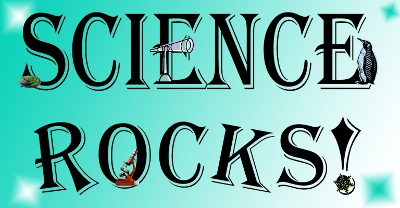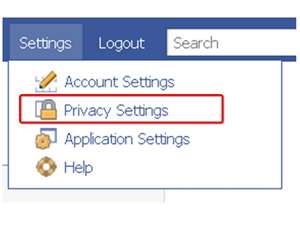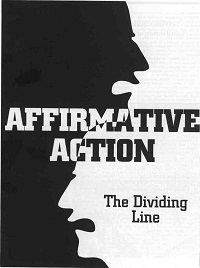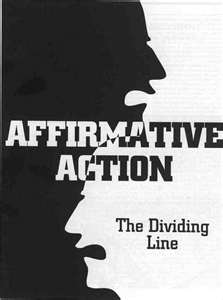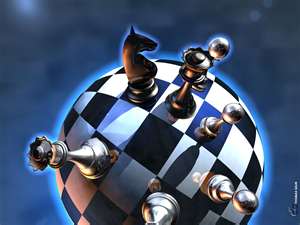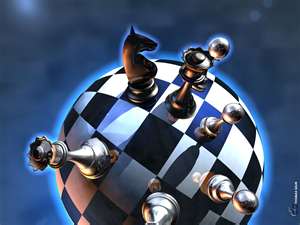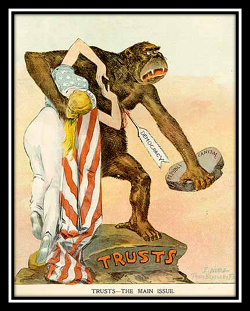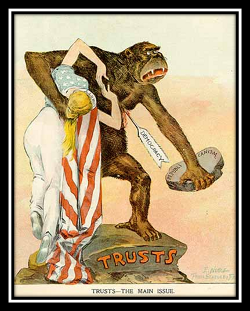 My third day of Science Week pays tribute to the engineers of the world, both past and present. If it wasn’t for them we wouldn’t be able to get to work in the morning, or at least it would not be nearly as easy. So, stick around and learn all about engineering!
My third day of Science Week pays tribute to the engineers of the world, both past and present. If it wasn’t for them we wouldn’t be able to get to work in the morning, or at least it would not be nearly as easy. So, stick around and learn all about engineering!
Engineers have been an integral part of improving society since people began to write down their achievements and likely long before that!
Engineering has fascinated the world since early times with the ancients making spectacular structures like the Pyramids of Egypt, the Lighthouse of Alexandria, the Parthenon, the Great Wall of China, and the list goes on. I could easily wax poetic about my favorite subject, history, until your eyes bleed but I’ll refrain, you can thank me later in the comments.
My goal today is talk about how engineering and engineers have changed your life for the better and how important it is that we continue to encourage people to take up this noble field. Math and science are the backbone of all technological achievements and we do well as a society to tell children exactly that and reward them when they show an interest in those fields.
Modern engineering began in the Renaissance with men like William Gilbert and Thomas Savery A look at the biographies of those men is well worth a perusal for anyone with a casual interest in engineering.
The modern era traces its roots to Allesandro Voltra, Michael Faraday, and George Ohm among others. Gosh, I really could write a blog about each of these amazing men but as I sit here at my computer I cannot help but think about how much my life depends on modern engineering.
At its most basic engineers apply the principals of Physics and Mathematics to improve the status quo.
My alarm clock wakes me up in the morning and without the ability to tell exact time modern life ceases to exist as we know it. Thank you, John Harrison.
Of course, the alarm clock wouldn’t work without electricity, so thank you again, Allesandro!
I’m about to drive thirty miles to work. That’s a distance that would have been impossible until automobiles were invented and then roads for them to traverse. We take roads for granted but without them life is very different. I’m tempted to talk about the Via Appia and Appius Cladius Caecus but must refrain, stay on topic!
Concrete. There’s a story. I don’t have time to tell it all but suffice it say that the Roman engineers so valued it they kept their formulations as tightly held secrets. When the Empire fell concrete was lost until likely the 16th Century. Old Roman ruins still stand today!
My work today is in Granite City, Illinois and my drive takes me past the home of the St. Louis Cardinals, Busch Stadium. Thank you, Jim Chibnall. I might be tempted to mention that this ballfield is where I get to see Adam Wainwright apply the principals of aerodynamics to the curveball.
Today I teach steelworkers how to use computers but as long as we’re talking about steel we need to think about all the products that use it. Did I mention that after I pass the stadium I get to see the most beautiful monument in the world? Thank you, Eero Saarinen and Hannskarl Bandel for the Gateway Arch. Made of steel.
Steel is in virtually every building, every car, and certainly in the Eades Bridge on which I drive over the Mississippi River. Thank you, James B. Eades.
Gosh, this post could go on forever and I haven’t even gotten out of the car! So, take a few seconds to appreciate all the work of engineers the world over and how it effects your life at almost every moment.
It seems like we want to emphasize business, and medicine, and law when it comes to educating our children these days and there is nothing wrong with those fields but without the engineers of the world … well … the world wouldn’t be what we know it.
So to all you future engineers out there, including my niece Tess, who are studying hard, keep up the good work! You will change the world.
Like, Tweet, Pinterest, Stumble, Digg, Comment, or otherwise share if you think someone you know might appreciate my blog!
Tom Liberman
Sword and Sorcery fantasy with a Libertarian Twist
 Yes, amazingly Science Week continues at the behest of my thousands of fans! Tomorrow I take on a subject near and dear to my heart, computers. My personal employment depends on computers and they have changed the world. I’ll look at the early days of computer development and the effect they have on the economy of the United States.
Yes, amazingly Science Week continues at the behest of my thousands of fans! Tomorrow I take on a subject near and dear to my heart, computers. My personal employment depends on computers and they have changed the world. I’ll look at the early days of computer development and the effect they have on the economy of the United States.